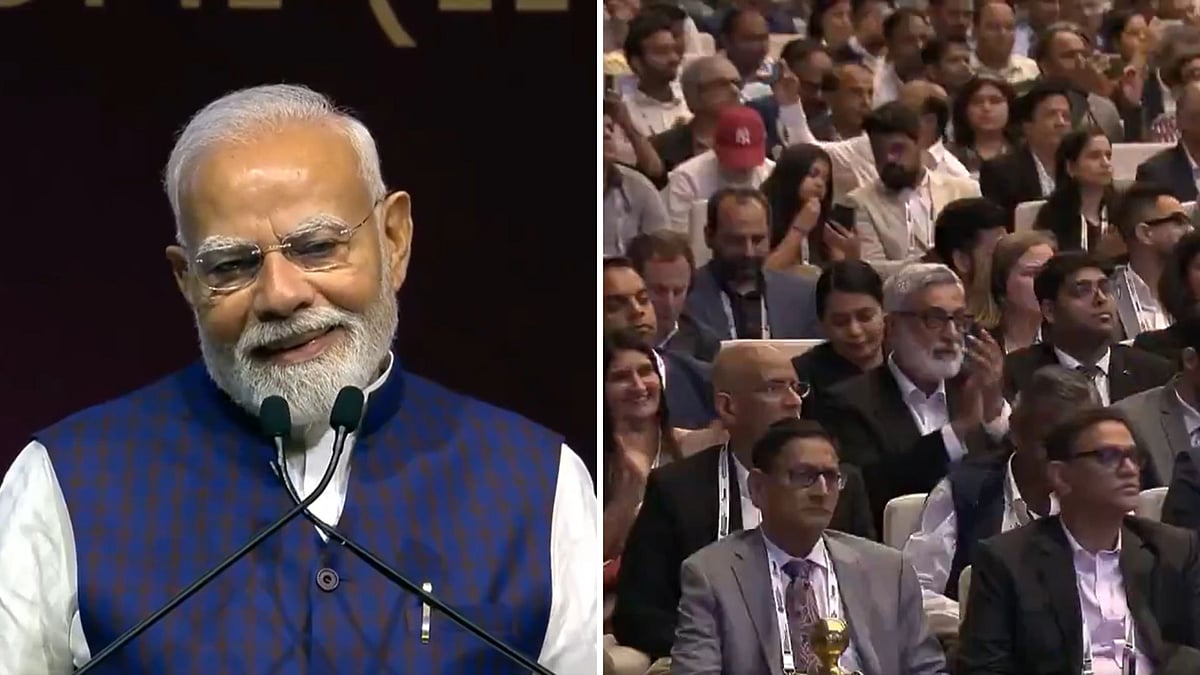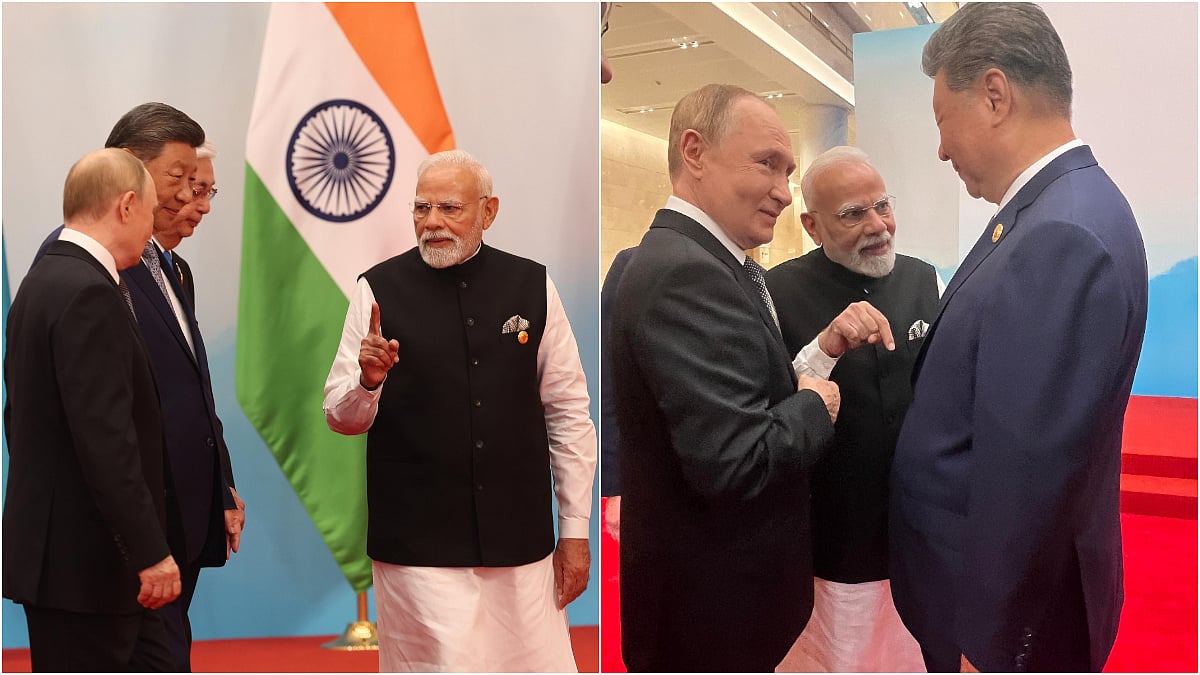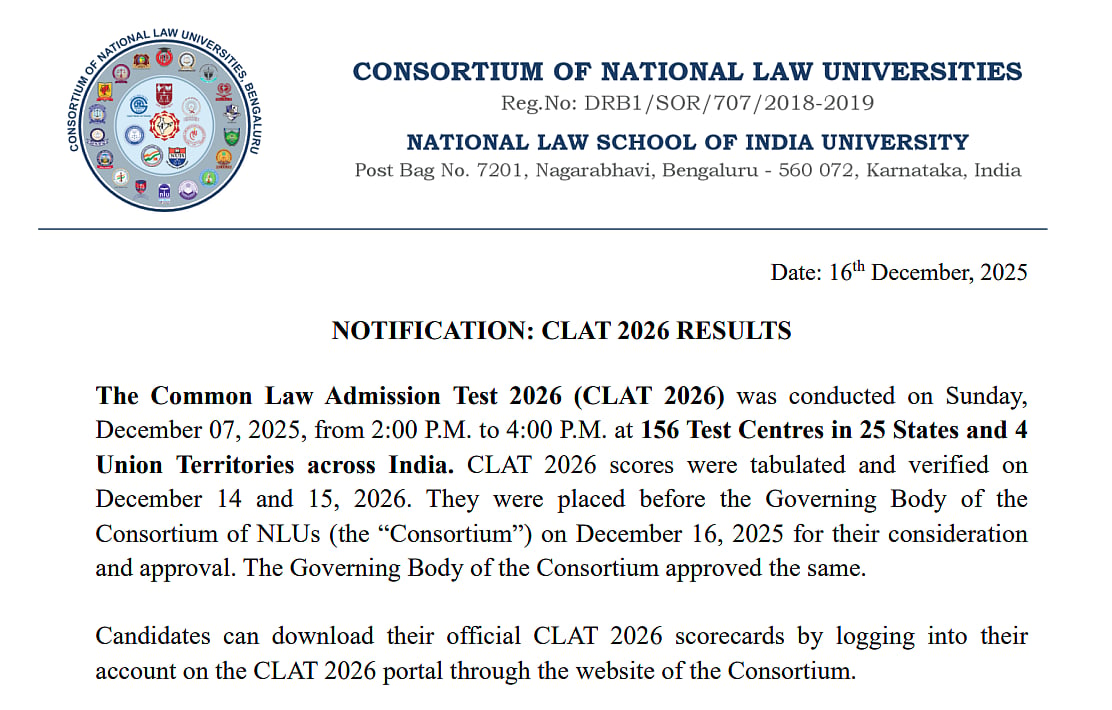The Shanghai Cooperation Organisation (SCO) Summit at Tianjin this week produced images that will long be remembered: Chinese President Xi Jinping, Russian President Vladimir Putin and Prime Minister Narendra Modi, smiling, hugging and sharing private moments. For the cameras, it was a perfect show of bonhomie.
For analysts, it was a rare demonstration of solidarity among three leaders whose nations often find themselves at cross purposes. For India, the summit had an immediate diplomatic dividend. The Tianjin Declaration specifically mentioned the terrorist attack in Pahalgam on April 22, eventually leading to Operation Sindoor.
It was no small achievement that India’s security concerns found space in a communique dominated by geopolitical rivalry. Yet, strikingly, the declaration remained silent on the war in Ukraine, the bloodiest conflict since the Second World War. This silence spoke volumes.
At an earlier SCO Summit, Modi had told Putin that “today’s era is not of war.” The Ukraine war, however, has outlasted such moral reminders. If anything, Putin now appears emboldened. Far from being isolated, as he once seemed, the Russian leader found himself courted in Tianjin, with leaders from Iran, Turkey, Vietnam and Central Asia queueing up for private meetings.
Modi’s 45-minute chat with him inside Putin’s private limousine symbolised how far the Russian leader has come in rewriting his global relevance. The cementing force behind this unusual display of unity is not hard to identify. It is the disruption in global trade brought about by US President Donald Trump’s whimsical tariff policies.
India, which has been hit hard by a 50 per cent tariff on goods entering the American market, has a reason to signal to Washington that it has other options. The SCO leaders, meanwhile, spoke out against the US-controlled institutions, such as the World Bank and the International Monetary Fund.
Yet, it would be naïve to expect the SCO to emerge as an alternative to the Western order. Fundamental contradictions remain. India and China continue to be locked in border disputes, and China sees India as a potential rival economy, especially as Western companies shift manufacturing from China to India.
Trust is a scarce commodity in this triangle. If the US cannot always be depended upon, China certainly cannot be relied upon either. In retrospect, Trump’s overtures to Putin, including talks in Alaska, played into the latter’s hands without producing any progress on Ukraine.

Now, Putin stands stronger, Xi projects himself as a steady partner, and Modi seeks to balance relations without compromising India’s interests. The Tianjin summit may have showcased rare camaraderie, but beneath the smiles lies a fragile alignment.
The SCO’s message was clear enough: the world does not revolve around Washington. Whether this emerging bloc can rise above its contradictions to shape a new order or not remains an open question.









